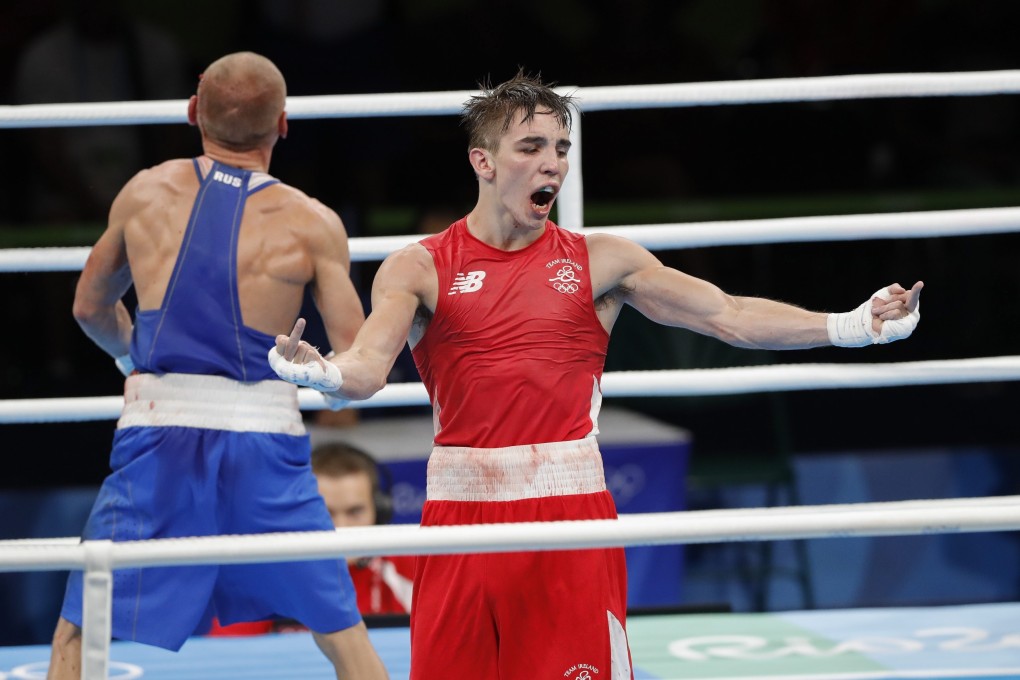Aiba seeks Olympic reinstatement with troubled body repaying loan and new president Umar Kremlev vowing to fix corrupt judging
- Governing body has paid back a long-standing US$10 million loan from its ill-fated World Series Boxing and says it is back on solid financial footing
- The IOC is responsible for running the Olympic boxing tournament after removing Aiba from any involvement in 2019

Taiwan architect Wu Ching-kuo promised a new era of professionalism when he took over the International Amateur Boxing Association (Aiba) in 2006, narrowly beating the body’s long-time president, Pakistani Anwar Chowdhury, in a tight election contest.
Wu’s first edict as president was to drop the word “amateur” from the organisation’s name. He should have kept it, with his leadership hardly inspiring professionalism in the ranks.
It was the start of a tumultuous 15 years for Aiba, with Wu’s ill-fated World Series Boxing franchise competition – launched in 2010 to help amateurs earn money – piling up millions of dollars of debt until the body was kicked out of the Olympics in 2019 by the IOC because of its financial mismanagement, governance issues and boxers’ “lack of confidence” in judges.
Two months before the Tokyo Games, however, Aiba is debt-free thanks to a sponsorship deal with Russia’s state-linked energy giant Gazprom. It boasts a new president in Russian Umar Kremlev, who is ready to tackle judging and refereeing issues and return the body to the Olympic fold.
While boxing remains in the Olympics, it is administered by the International Olympic Committee (IOC) – which nearly removed the sport from the Games altogether. István Kovács, Aiba’s secretary general, said Kremlev was determined to restore the body’s reputation while also looking to fix a judging system that has been a thorn in the side of amateur boxing for decades.
“Aiba’s previous debt and financial instability was the result of previous governance and an unsuccessful venture called the World Boxing Series,” Kovacs told the Post. “The debt was one of the key concerns the IOC outlined as part of the decision to suspend Aiba, which is why one of our top priorities was to gain financial independence and start afresh.